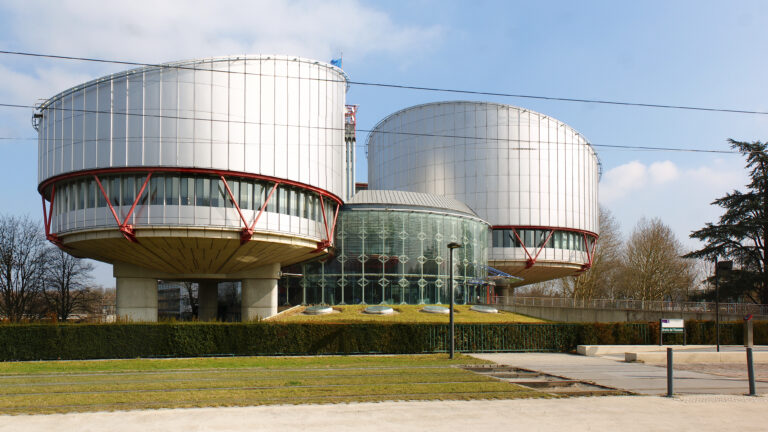The European Court of Human Rights (ECHR) ruled on Tuesday that the United Kingdom’s response to alleged Russian interference in its elections was sufficient to ensure the rights of Members of Parliament.
In the case of Bradshaw and Others v. the United Kingdom (UK), the Court concluded that there was no violation of Article 3 of Protocol No. 1 to the European Convention on Human Rights. Despite credible evidence that the Russian government did interfere in several instances with the UK’s politics, and criticism that the UK acted late and with unconvincing measures, the Court held that these failings are not “sufficiently grave as to have impaired the very essence of the applicants’ right”.
The applicants in the case were all Members of Parliament elected in 2019. Two of them did not stand in the following general elections, and the other lost his seat. The applicants relied on two reports, one published by the House of Commons Digital, Culture, Media and Sport Committee (DCMS) and the other by the Intelligence and Security Committee of Parliament (ISC). The report published by the DCMS entitled Disinformation and ‘fake news’ claims “[t]here has been clear and proven Russian influence in foreign elections.” The applicants had previously attempted, but failed, to challenge the Prime Minister’s failure to investigate and implement measures to protect the UK’s democratic freedoms through domestic courts. This prompted an action before the ECHR.
The European Court ruled that Article 3 of Protocol No. 1 to the Convention may oblige a State to investigate interferences with its elections only if the failure to do so would impede the adoption of measures to protect citizens’ right to benefit from elections “under conditions which ensure the free expression of the opinion of the people”. Between 2022 and 2023, following the publication of the reports, the government adopted several Acts of Parliament, including the Elections Act 2022, the National Security Act 2023, and the Online Safety Act 2023. These legislative measures aimed to ensure protection against foreign interference and disinformation amid elections. According to the Court, these actions by the UK prove an attempt to investigate and impede foreign intervention which could undermine democracy. This ultimately led the ECHR to find no violation of Article 3 of Protocol No. 1 to the Convention.
Russian interference with elections in Europe has sparked concerns regarding the independence and reliability of democratic actors in recent years. The alleged Russian interference with recent elections in Romania led to the resignation of its president while facing a political crisis. The Romanian Constitutional Court also barred presidential candidate Călin Georgescu in March 2025, amid claims of Russian interference. Other countries like Georgia have protested against election results in 2024 following alleged Russian interference.

